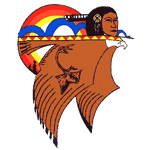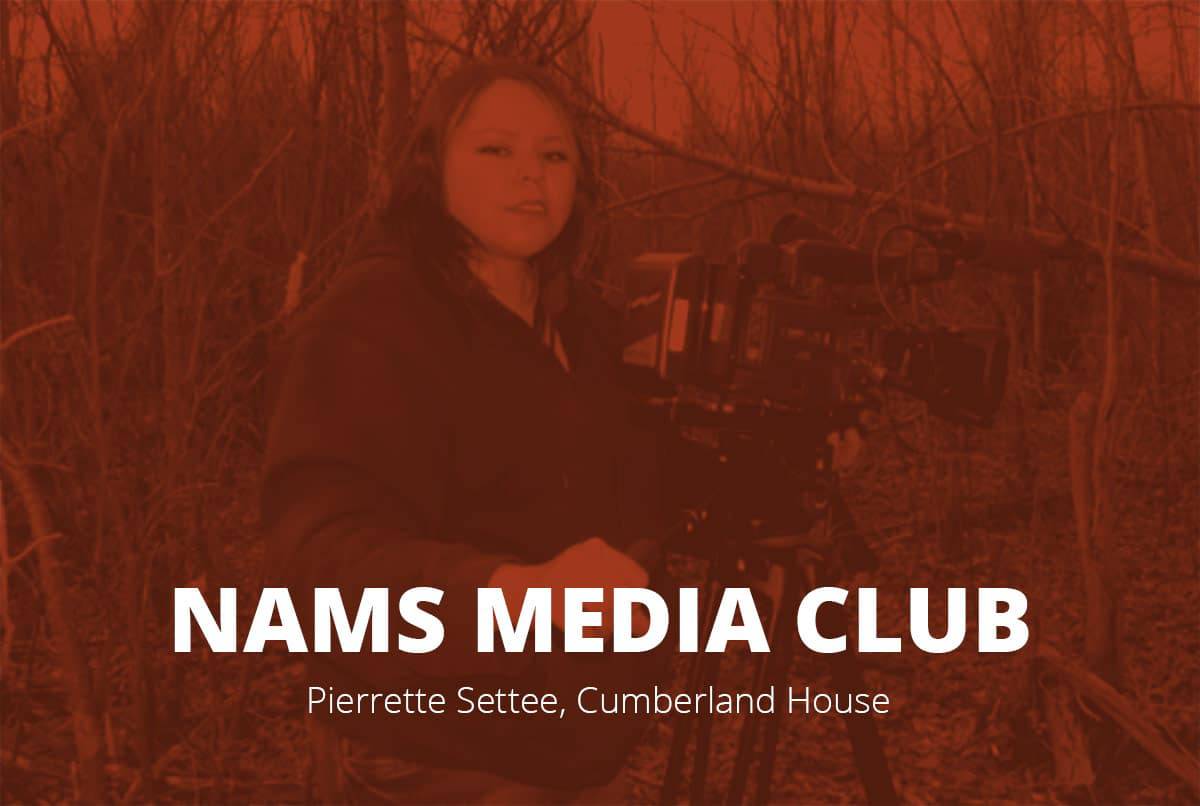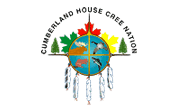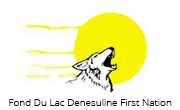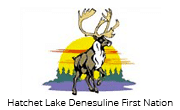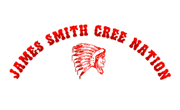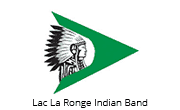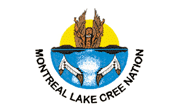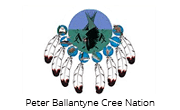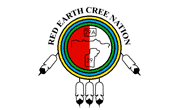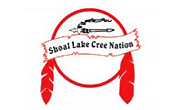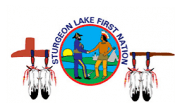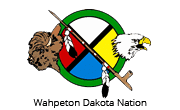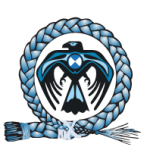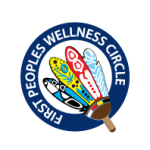Territory: nēhinawak, nēhiyawak, nīhithawak, Denēsuline / SK
Prince Albert Grand Council
Youth Action Councils
Youth Action Councils (YACs) are a call for action to empower the voice of young adults from Prince Albert Grand Council First Nation communities as they celebrate life and help create healthy, vibrant, safe communities. YACs are youth-led, and community supported – so they look different in each community. YACs take concrete action to build opportunities for young people in their communities to connect with themselves, their communities, and the land in ways that contribute to health and wellness. Central to all are four core values: 1) care for oneself and others, 2) respect for oneself and others, 3) meaningful family/community role, and 4) spirituality and culture as the root of one’s being in the world.
”I was never a role model ever, and this is my first time actually making a difference in someone’s life. It’s kind of heartwarming. The media kids, they give me hope, inspiration. That’s what I want to do is start a media program with my old school so I can give these kids something. Something to lean back on, something to look forward to. Because when I was young, I didn’t know a nichey girl like me can do stuff that I can do now! So that’s what I’m doing; I’m preparing the kids for the future. I can’t just keep my gift to myself; I have to spread it – like the delta.
Pierrette SetteeCumberland House Cree Nation
Practice in Detail
Prince Albert Grand Council (PAGC) provides resources and support for any of its member Nations in which there is an interested young adult, or group of young adults, who wish to form a Youth Action Council (YAC) – also referred to as Young Adult Council. PAGC’s YACs are an effort to put the belief that ‘youth are our future’ into action by supporting young people in their communities to engage in initiatives that they feel will contribute to wellbeing among youth in their community.
The initiatives spearheaded by the YACs in different communities vary widely, but there are a few common features:
- The centre the four values of care, respect, family/community, and spirituality and culture.
- They embrace a strength-based approach, believing in and nurturing the gifts and capacities of all.
- They take a holistic approach to community wellness, rather than an issue-based approach.
- They focus on building relationships and trust, both within and among communities.
- They are youth-led, but with support from adults – such as service providers, chief and council, schools, businesses, and other community members.
- They recognize obstacles and setbacks as opportunities to do things differently.
- They identify a vision, and develop a plan that includes small steps towards that vision.
- They build bridges (communication, relationships, and networking opportunities) among member Nations as well, to cultivate a supportive environment.
These commitments come from years of experience – including both successes and challenges – from which they have learned important lessons. The history of PAGC’s YACs goes back to 2007, when the first youth event was held.
Today, YAC community-based initiatives include such things as: Youth Centres, land-based excursions, media arts clubs, family events, drumming and dancing, movie nights, and more. Importantly, they are developed, promoted, and implemented by youth. Over time, many communities are finding an increasing number of young people are interested in participating, and efforts are also being made to include families and younger children.
Challenges exist, and setbacks occur. For these reasons, wide-spread and sustainable community support is important for success of YACs overtime.
The principles that guide YAC are as follows:
- YAC will be inclusive, transparent, committed and collaborative in all of its discussions and work.
- YAC will engage Northerners and share information, knowledge, and skills.
- YAC will strive to build on positive initiatives already underway as well support new achievable actions.
- YAC will seek practical, efficient, and effective approaches to issues.
- YAC will evaluate its efforts on a regular basis.
Given that YACs are located in a number of rural and remote communities, attention is also paid to creating structures to support them, collectively. These are as follows:
- PAGC YAC is open to having a maximum of 30 volunteer members on its Committee that reflect the diversity of the 12 PAGC bands and their communities.
- PAGC YAC has a floating Chair structure that revolves through one YAC leader from each band, minimum of two members from each community YAC, Holistic Wellness Embrace Life Coordinator.
- Meetings will be held once every month with the exception of planning for major events which may require more meetings.
- Committee members will set overall priorities, goals, activities, and outputs related to replacements of violence.
- Decisions of the Council will strive to be made by consensus, but when agreement cannot be reached, decisions will be made by the majority.
